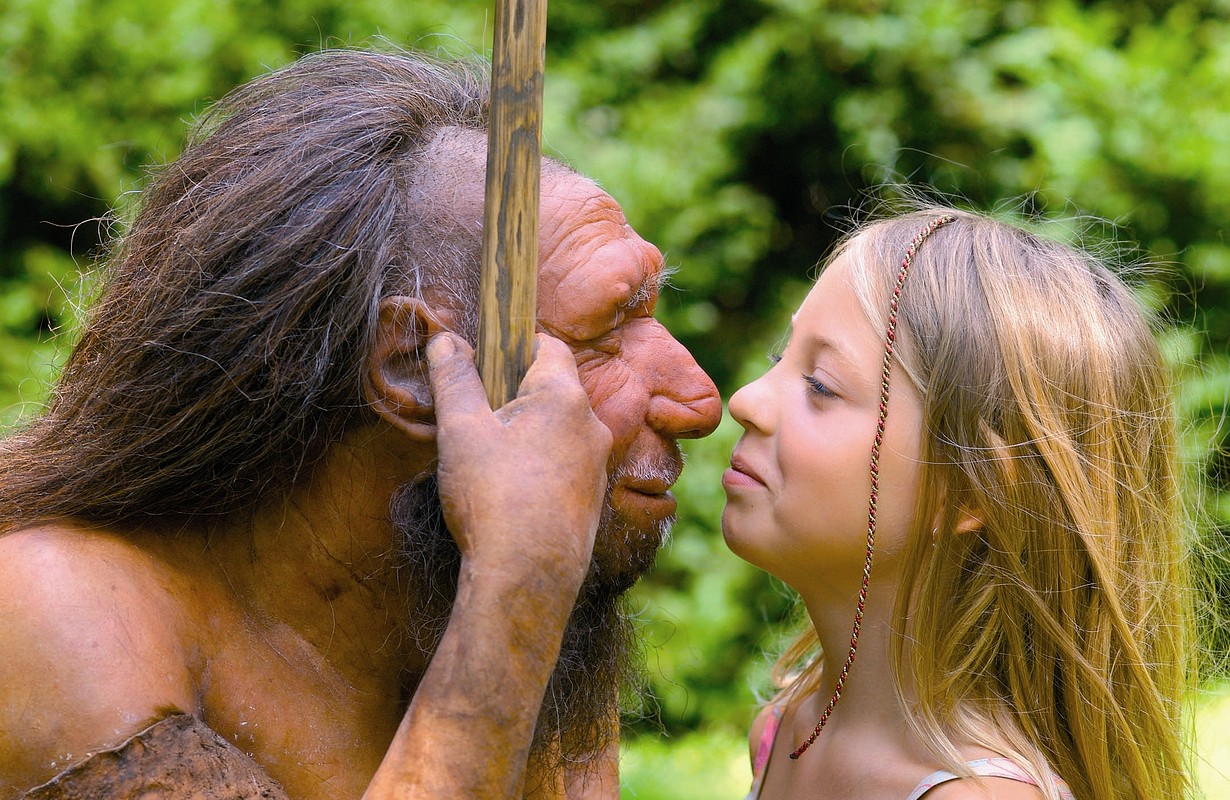Follow us on Google News (click on ☆)

Fernando Villanea, a geneticist at the University of Colorado, emphasizes the historical interconnection between Neanderthals and modern humans, highlighting a long history of individual exchanges. Indeed, Neanderthals, the extinct close relatives of modern humans, diverged around 500,000 years ago. Over the past decade, studies have shown that they hybridized with our ancestors who left Africa, integrating 1% to 2% of their DNA into the current human genome.
The recent study is based on the analysis of three complete Neanderthal genomes from caves in Croatia and Russia. These rare Neanderthal genomes help us better understand how modern human DNA inserted itself into the Neanderthal genome. Researchers compared these genomes with those of 2,000 modern humans, discovering a significant proportion of modern human DNA.
The analyses reveal that human DNA entered the Neanderthal genome during two distinct periods, around 200,000 to 250,000 years ago and 100,000 to 120,000 years ago. Other episodes of interbreeding might have occurred, but without detectable traces. A recent study, not yet peer-reviewed, suggests that a large part of Neanderthal DNA in the modern human genome came from a single interbreeding period around 47,000 years ago.
The study also estimates that the Neanderthal population was about 20% smaller than previously assumed. Joshua Akey, a geneticist at Princeton University, explains that this smaller population size might have contributed to their disappearance by absorption into the modern human population, unable to remain a distinct population in the face of successive human migrations.
Researchers are considering future studies on the biological effects of human DNA in Neanderthals to better understand the evolutionary dynamics between these two populations.